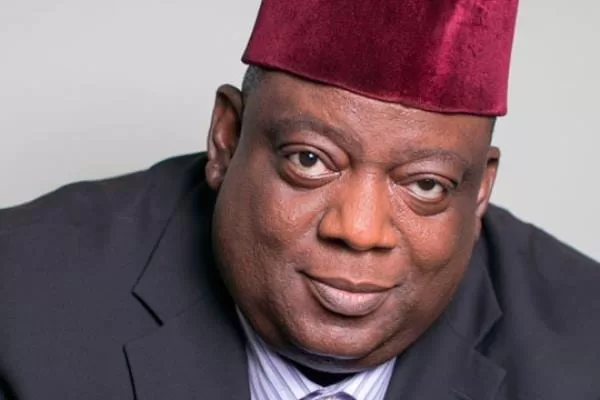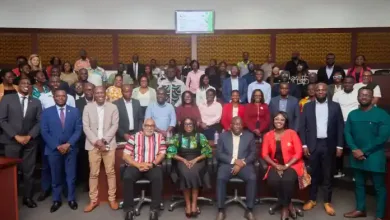“Ghana’s Energy Sector Faces Compact Crisis”

- Ghana's energy sector in crisis, accumulating $1 billion debt annually.
- $190 million lost due to PDS Scandal, described as 'sad' by Joe Jackson
- Energy supply challenges persist, with deficit and gas limitations.
A Financial Analyst and Chief Operations Officer at Dalex Finance, Mr. Joe Jackson, has sounded the alarm on the crisis facing Ghana’s energy sector. In a recent post, he expressed his disappointment and concern about the loss of $190 million due to the PDS scandal, describing it as “sad.” He emphasized that the energy sector is in crisis and urgently needs help to find a way to utilize the $190 million.
Mr. Jackson’s comments were in response to reports of the closure of Ghana’s Millennium Challenge Compact by the United States. The Millennium Challenge Corporation (MCC) has stated that there are no immediate plans to resume collaboration with Ghana. This decision comes after Ghana was poised to receive critical funding of approximately $190 million in March 2019, aimed at supporting the long-term sustainability of infrastructure investments and facilitating the financial recovery of the energy sector.
The funding was part of the second tranche of the MCC power compact, but its disbursement was halted due to complications arising from a failed 20-year concession agreement involving Ghana’s Power Distribution Services (PDS). The agreement aimed to have PDS assume the operation and management of the assets and staff of the Electricity Company of Ghana (ECG).
However, the U.S. government suspended the transfer of funds, citing the central role of private sector participation in the MCC’s Ghana Power Compact. This decision has significant implications for Ghana’s energy sector, which is already facing numerous challenges.
Ghana’s energy sector is grappling with a multifaceted crisis, including debt accumulation, electricity tariffs, excess capacity and take-or-pay contracts, load shedding and power outages, inadequate gas supply, and maintenance and generation capacity issues. The loss of the $190 million funding exacerbates these challenges, making it even more critical for the sector to find alternative solutions to address its financial and operational difficulties.
In this context, Mr. Jackson’s call for help in finding a way to utilize the $190 million is a clarion call for stakeholders in the energy sector to come together and explore innovative solutions to overcome the current crisis. The energy sector’s recovery is crucial for Ghana’s economic growth and development, and it is essential to address these challenges urgently to ensure a sustainable and reliable energy supply for the country’s citizens and businesses.






